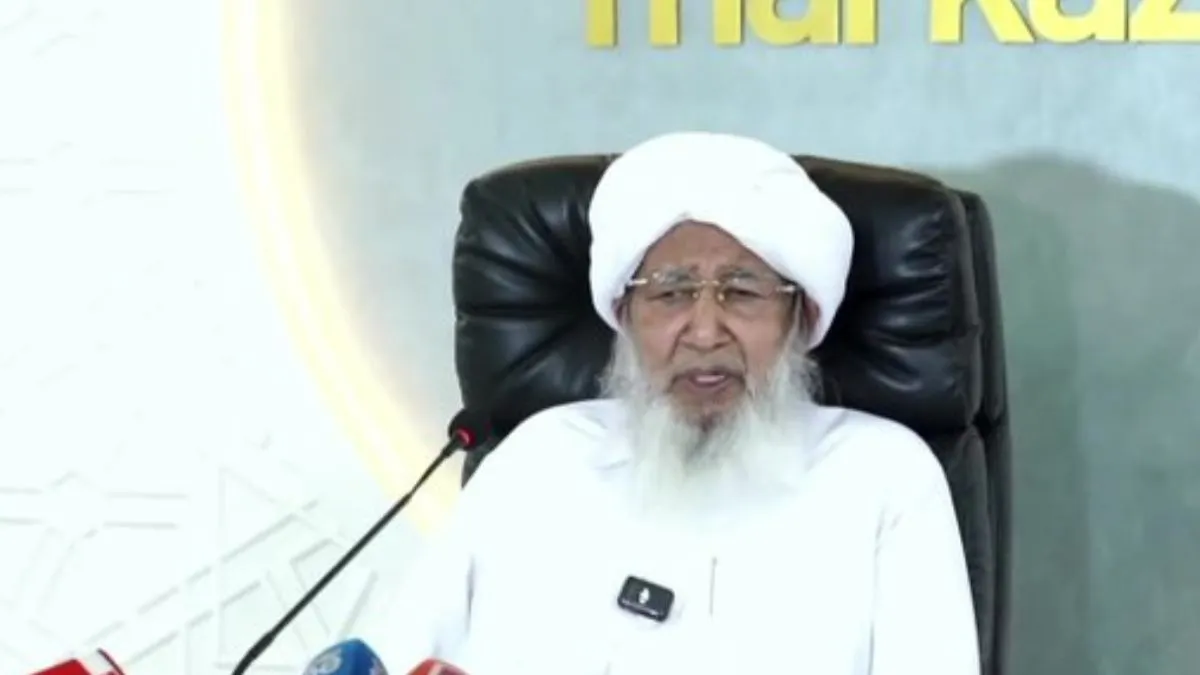- By Shivangi Sharma
- Wed, 16 Jul 2025 11:45 PM (IST)
- Source:JND
A dramatic intervention by a prominent Indian Muslim cleric, Sheikh Abubakr Ahmad, widely known as the Grand Mufti of India, played a crucial role in the last-minute postponement of the execution of Nimisha Priya, a 37-year-old Indian nurse convicted of murder in Yemen.
Nimisha, a nurse from Kerala, was sentenced to death in Yemen’s capital Sana’a, which is currently under Houthi rebel control. Her legal team argues the killing was not premeditated, claiming she acted in distress after being abused. As the execution date loomed, diplomatic and legal efforts to save her appeared stalled, until Sheikh Abubakr stepped in.
Role Of Grand Mufti
The Grand Mufti of India is a highly respected religious authority, although the title is honorary and not officially granted by the Indian government. Sheikh Abubakr Ahmad, also known as Kanthapuram AP Aboobacker Musliyar, was conferred this title in 2019 by the All India Tanzeem Ulama-e-Islam at Delhi’s Ramlila Maidan. He is considered one of the most influential Sunni clerics in South Asia.
Born in Kozhikode, Kerala, Sheikh Abubakr is the chairman of Markaz Knowledge City, an educational and cultural hub in his hometown. He leads several Islamic organisations and frequently represents Indian Muslims at international religious conferences.
Intervention In Yemen
Sheikh Abubakr reached out to Sheikh Umar bin Hafiz, a respected Yemeni Sufi scholar, requesting his assistance in persuading the victim’s family to halt the execution. According to reports, this intervention, made at the request of Congress MLA Chandy Oommen, helped delay the planned execution, offering a crucial window for further legal and diplomatic negotiations.
Sheikh Abubakr has been in the national spotlight before. He opposed the Citizenship Amendment Act (CAA) and urged Prime Minister Narendra Modi and Home Minister Amit Shah to amend it. However, he drew criticism for his comments on women-led protests during the anti-CAA movement. He also welcomed the Supreme Court’s Babri Masjid verdict, calling for peace and communal harmony. In the case of Nimisha Priya, his role has been widely appreciated as a significant humanitarian gesture.


